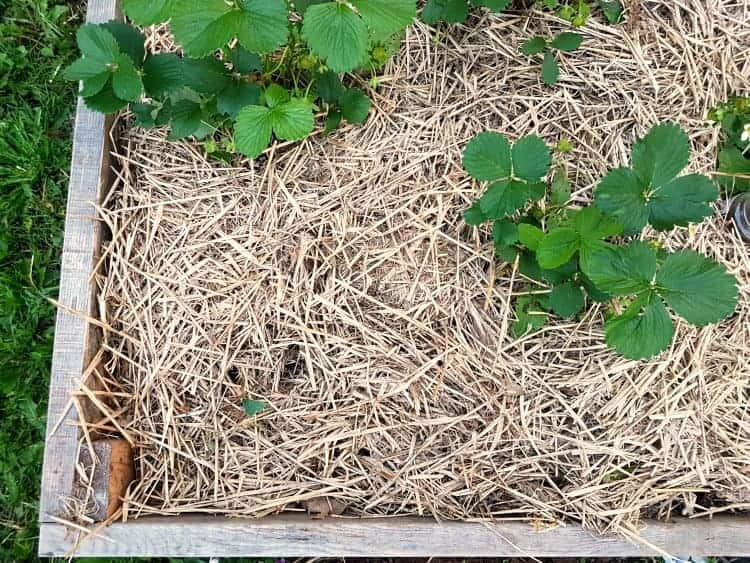Thankfully, the temperatures have dropped away from the 90s that we had for what felt like a month. But we have had very little rain and that can be a big stressor to plants trying to make fruit.
The good news is that most of us have added compost to our garden beds and that helps the soil retain moisture for plants to grow deep roots. The deeper the roots the healthier the plant.
A good mulch is like wearing a hat against the sun. It helps keep you cool and does the same for the garden bed. It also keeps the moisture in the soil from evaporating away. Use leaves, pine needles, straw or seed straw to dress the soil around your plants. [Look for straw bales to the right of the shed!]
Weed regularly. Weeds steal water and nutrients from your garden plants. Watering deeply every other day is better than watering a little everyday. Deep watering encourages deep roots and keeps the soil cool.
Water early in the day or late in the evening when the sun won’t burn the water off. I had a gardener once who said that when you water in the heat of the day you are basically boiling your plants. Not sure that is exactly true, but I take the point!
Harvest! Less plant or fruit to service means your plants can save energy. Tomatoes can finish ripening on the kitchen counter, safe from marauding chipmunks and give your plants a break. They’ll switch back to their productive selves once the weather cools.
Now is a good time to tidy up around your bed, respecting your neighbors and practicing good hygiene. Take some time to weed, water, mulch and clean and serve the community in community gardening!
I’m making a list of plants for next year that are known for tolerating a little drought: black-eyed peas, okra, horseradish, and Jerusalem artichokes. What’s on your list?

